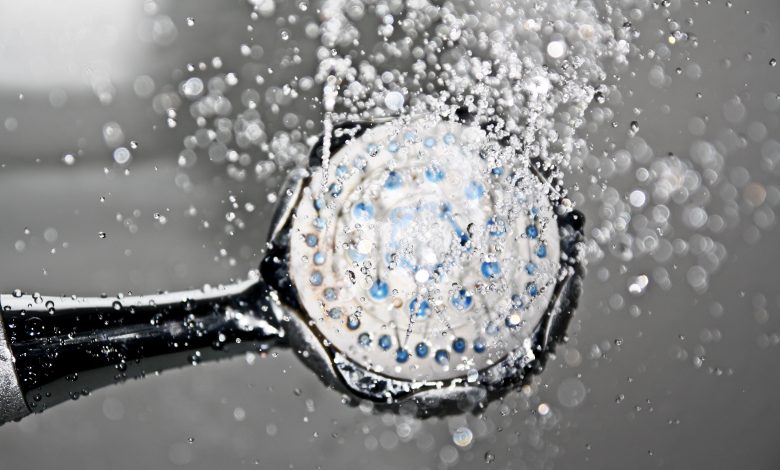5 Tips to Make Sure the Hot Water Never Runs Out Again

Consider yourself amid a nice, hot shower when the water abruptly turns chilly. Particularly after a long day, when hot water may help alleviate stress, experiencing a sudden shock of cold water that persists might frighten you out of the bath. Alternatively, consider an abrupt stop to your heated dishwasher.
Whether you have a gas or an electric water heater, there are some basic practices and low-cost improvements you can do to reduce your energy expenditures and improve the efficiency of your water heater. Whatever the issue, we’ve compiled a list of essential steps to ensure you never run out of hot water.
1. Adjust shower schedules appropriately
When you have a home full of visitors, the best way to prevent running out of hot water is to empower yourself with this information. You can also create a shower schedule that evenly distributes showers so that no one is forced to take a cold shower, and the water heater has plenty of time to reheat between rounds. Consult your houseguests in advance to decide who enjoys morning showers and who prefers evening showers, and then establish a timetable that works for everyone!
Showers aren’t the only item to consider while entertaining a houseful of Christmas visitors. If you’re hosting Christmas dinner this year, review Kitchen Safety Tips for the Holidays and 4 Tips to Avoid Oven Disasters. Additionally, it would be prudent to study Holiday Lights Safety Tips before decorating to avoid fires and other risks associated with electrical holiday decorations.
2. Purchase a tankless water heater
You’ve probably heard the controversies about traditional tank and tankless water heaters. Unlike typical water heaters, tankless water heaters operate when you need hot water. Ensure you hire professional water heater installation platforms for quality products and services.
Traditional water heaters deliver hot water by heating it and then maintaining it at a constant temperature by cycling on and off to keep the water stored in a big reservoir warm for hours at a time, even when not in use. On the other hand, tankless water heaters turn on when the hot water faucet is turned on and off when the tap is turned off, resulting in significant savings over older-style tank hot water heaters.
3. Calculate the time required for refilling
Numbers are quite powerful. If you know how long it takes to run out of hot water and how long it takes to restore it, you can schedule your showers to avoid being shocked by cold water.
Typically, it takes 20 minutes to replenish a 50-gallon water heater and another 20 minutes to reheat to the base temperature. If you have a bigger water heater, you should allow for an additional 60 minutes. Therefore, if you’re having breakfast and hear Aunt Jodie screaming when the shower becomes too cold, you’ll know to wait at least an hour before taking your turn!
4. Wrap Your Water Tank and Pipes with Insulation
A large quantity of heat is wasted via the tank and pipes of your water heater. Insulate your water storage tank and exposed piping to maximize energy savings by preventing heat loss as freshly heated water travels from the water heater to its destination. Insulation blankets are affordable and may significantly reduce your energy expenditure! Avoid covering the thermostat on electric tanks or the top, bottom, thermostat, or burner on gas tanks.
5. Be Conscientious of Appliances and Household Chores
Utilize eco settings on your dishwasher and washing machine if they are available since they lower temperature and water consumption, putting less strain on your hot water system. To further alleviate the stress, schedule the appliances to operate separately to avoid draining all the hot water at once.
Laundry should be done in cool water. Unless your laundry is very soiled, you may wash at moderate temps and still obtain wonderfully clean garments using a decent detergent. Additionally, washing at milder temperatures preserves the vibrancy of the colors and extends the life of the items.
Conclusion
If you cannot troubleshoot the water heating system on your own, suspect the water heater is about to fail, or want to ensure it is in excellent working order, contact a local water heater professional. They’ll evaluate and test the whole system to find any current issues or snags and advise you on the appropriate next actions.
Apart from this if you avre interested to know about 5 Gas Water Heater Maintenance Tips You Should Know then visit our Home Improvement category.





